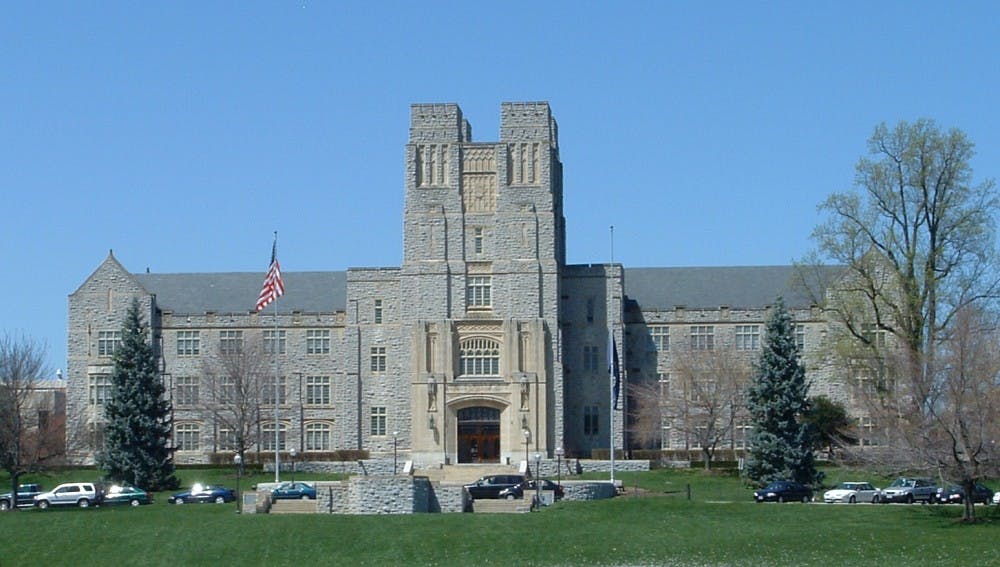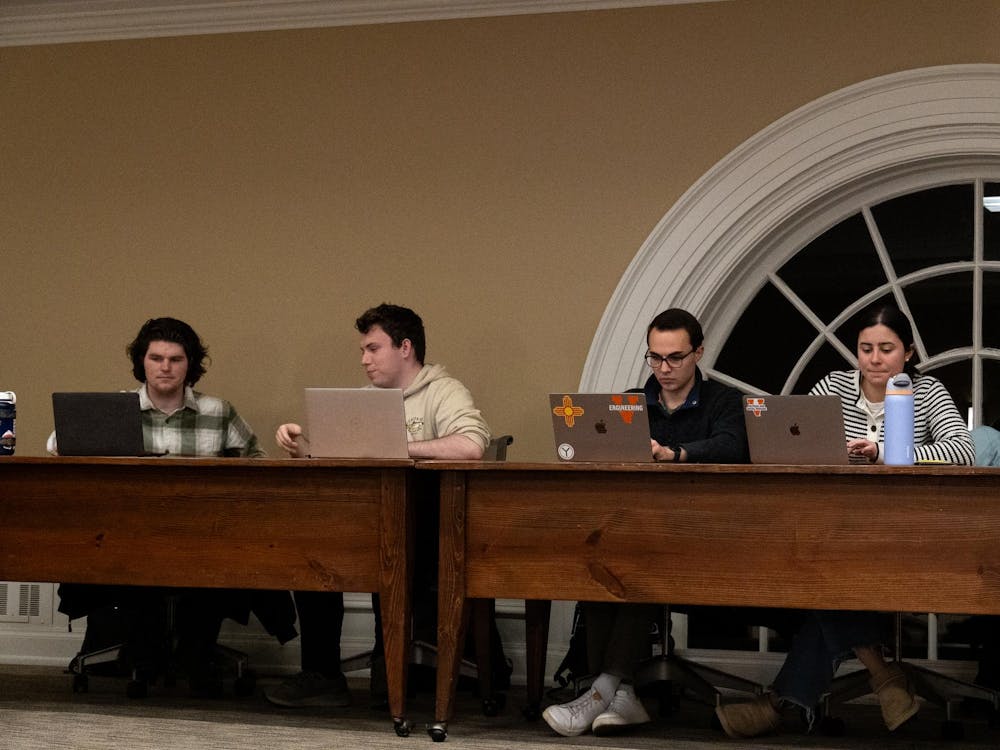The Virginia Supreme Court reversed a jury verdict last Friday in the wrongful-death suit filed by the parents of slain Virginia Tech students Erin Peterson and Julia Pryde, two of the 32 victims in the 2007 Virginia Tech massacre.
“In this case, we hold that even if there was a special relationship between the Commonwealth and students of Virginia Tech … there was no duty for the Commonwealth to warn students about the potential for criminal acts by third parties,” the decision reads. “Therefore, we will reverse the judgment of the circuit court.”
In a statement, Virginia Tech spokesperson Lawrence Hincker said the university is pleased with the court’s decision.
“While these rulings are favorable to the commonwealth and her employees, they simply clarify the law and, indirectly, shine a light on the underlying cause of the mass tragedy of April 16,” Hincker said. “The court’s actions can never reverse the loss of lives nor the pain experienced by so many families and friends of victims of one person. In the end, the cause of these heinous acts and continuing heartbreak was a troubled and angry young man with easy access to powerful killing weapons.”
On April 16, 2007, gunman Seung Hui Cho fired upon 47 Virginia Tech students and faculty, killing 32. When police found the initial crime scene — two bodies, one male and one female — they believed the crime to be an isolated incident and did not immediately notify university students. The circuit court jury decided the university had not done enough to warn students after the discovery of the first two victims.
In 2010 the U.S. Department of Education found Virginia Tech to be in violation of The Clery Act, a federal law requiring universities to produce a “timely warning” in the event of crimes committed on campus, and fined the school $55,000.
In Virginia Tech’s statement on the department’s findings, Director of Emergency Management Michael Mulhare said, “Virginia Tech professionals acted appropriately in their response to the tragic events of April 16, 2007, based on the best information then available to them, and we respectfully disagree with the preliminary conclusions of the Department of Education’s Program Review Report.”
This decision by the Virginia Supreme Court upheld Mulhare’s view.
“Based on the limited information available to the Commonwealth prior to the shootings in Norris Hall, it cannot be said that it was known or reasonably foreseeable that students in Norris Hall would fall victim to criminal harm,” the decision read.
Mark Owczarski, assistant vice president for news and information at Virginia Tech said there have been many changes that have been implemented at Virginia Tech since the massacre, from adding locks to doors to removing the left door handles so that, in the event of an intruder, doors are unable to be chained shut.
As for the monetary compensation originally awarded to the families of the Virginia Tech victims, since the decision was appealed, no money has changed hands.
“The Virginia Supreme Court’s decision … has now conclusively established that the university has no legal obligation to make such a payment,” said John Goldberg, Harvard Law Professor and Tort Law expert. “There is no liability and hence no damages to pay.”





